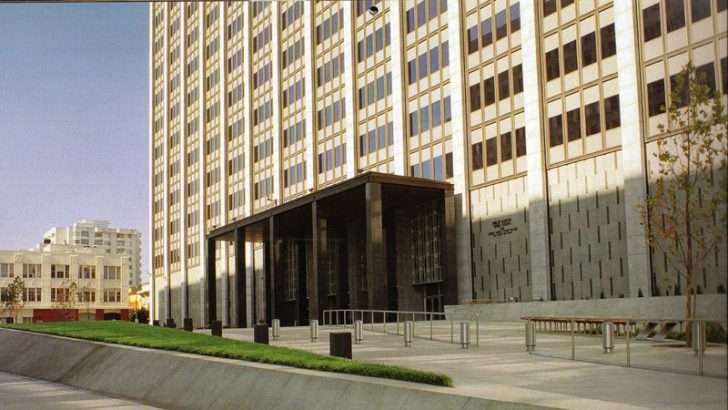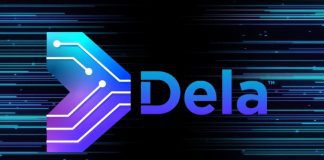
After six years and two court cases we may finally have reached the end of Oracle’s aspirations to boost its balance sheet at the expense of Google. Last night a jury in the US ruled that Google’s use of Java inside its Android product was little more than ‘fair use’. In doing so, the jury ensured that Oracle won’t get any of the $8.8bn in damages and $475 million in lost licensing revenue it was claiming.
It’s an interpretation that will please software developers and many software vendors the world over. Had Oracle won this case then we could have been in for a re-run of the SCO vs Linux licensing wars. That debacle saw SCO eventually file for bankruptcy in 2011 and in February have its last remaining claims against IBM dismissed. While this case has no danger of seeing either party disappear it is a significant blow against Oracle who had previously won a case alleging that Google had infringed its copyrights.
What is this all about?
In brief, Oracle sued Google back in 2010 for infringing its copyrights in the Java programming language which it had acquired as part of the Sun Microsystems deal. What Oracle was initially looking for was a ruling that Java APIs were eligible for copyright protection. After a court case in 2012 and an appeal in 2014 that claim was upheld.

Oracle alleged Google simply copied Java code to speed up development of Android. Google countered saying that it had used an open source project, Apache Harmony, to provide the labelling and structure of Java to make it easier for third-party developers to work with Android. It claimed that this was within the bounds of Fair Use provisions.
After the initial court case and appeal resulted in the jury unable to decide between fair use and copyright theft, Oracle launched this second case looking for clarification and hopefully a big payday. That hope has now been stamped on hard but not extinguished. Oracle’s legal team still retains some belief that they may prevail. A statement attributed to Oracle General Counsel Dorian Daley by Bloomberg Technology suggests an appeal is likely.
“We strongly believe that Google developed Android by illegally copying core Java technology to rush into the mobile device market. Oracle brought this lawsuit to put a stop to Google’s illegal behavior. We believe there are numerous grounds for appeal.”
It will be interesting to see if Oracle does appeal and what it bases its appeal on. In the last 12 hours legal experts in the US have all rushed to point out that this would be very difficult. The only things they seem to collectively believe is that Oracle could challenge the instructions from the judge to the jury but there seems to be unanimous agreement that these were accurate.
There is a link to a pdf of those instructions on The Register.
One surprise for watchers was just how much money Google is making from Android. Oracle based its claim on Android sales of $31bn with a profit margin of $22bn for Google. Those numbers will inevitably be used by regulators in Europe and the US as they pursue antitrust cases against Google over the way it manages Android.
Why does this matter?
There is a huge reason why this matters. IT vendors are rushing into what they term the API economy. They are encouraging developers to use APIs to connect systems together. As part of this we are seeing both IT vendors and enterprises releasing their own APIs to partners and third-party developers.
One of the issues at stake is that a win for Oracle would have restricted how developers can consume APIs. There is already serious concern over the long term legal position of APIs as they could be withdrawn at any time. Many APIs come with complex license agreements. If you don’t play nice you can have your right to use the API withdrawn and for smaller software houses this could have a serious impact on their business.
Enterprises are also worried about the impact of copyright and fair use around APIs. As they look to expose their internal APIs to allow partners and third-party developers to connect to their core enterprise systems they will inevitably have to expose APIs from those software systems. This case now suggests that they are able to do so as part of fair usage. What will have to be watched is how quickly software vendors change the terms of their API licenses to outlaw this use.
There are serious risks here for the emergence of new apps. The use of common APIs is a big part of their model and to suddenly be paying license fees for access to APIs or paying per API call could kill a lot of apps before they can establish themselves. One solution to this for developers is to restrict themselves to APIs that are marked as free and open for use.
Atlassian, Google, Microsoft, IBM, PayPal and others are already signatories to the Open API Initiative. It will be interesting to see how many others begin to join in order to advance the use of APIs. There is some hope that Amazon and Apple will soon join but publically both companies are refusing to commit themselves. What we can assume from this court case is that Oracle won’t be rushing to play nice with Java APIs.
Conclusion
This is a slap in the face for Oracle and a champagne moment for Google. It also has a much wider impact on developers than it might at first seem. It certainly provides a nice piece of case law for proponents of the API Economy but we will have to watch carefully to see how vendors change their licence agreements in order to protect revenue streams.


























